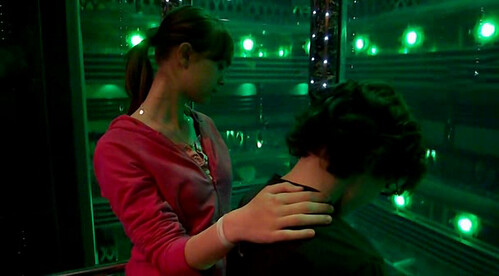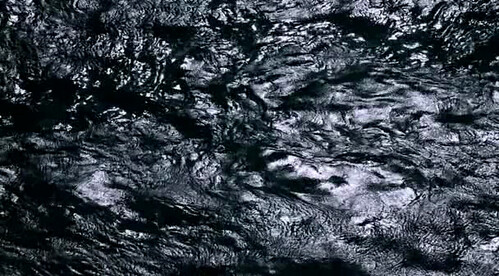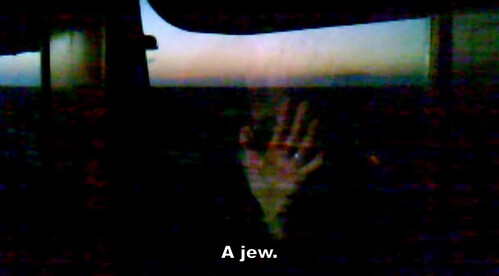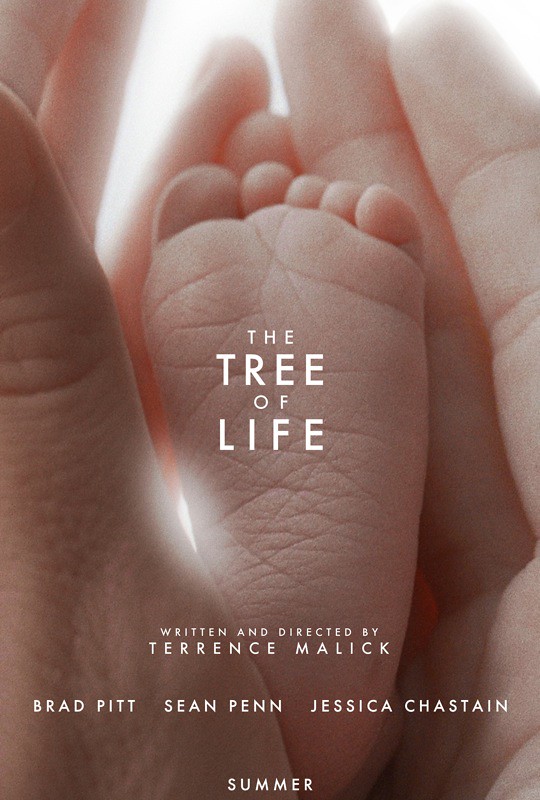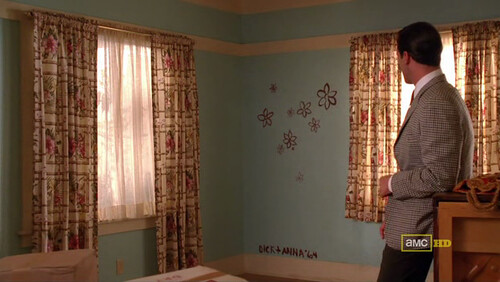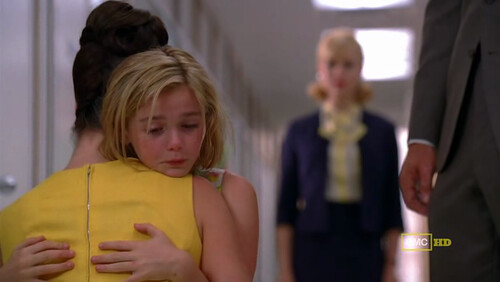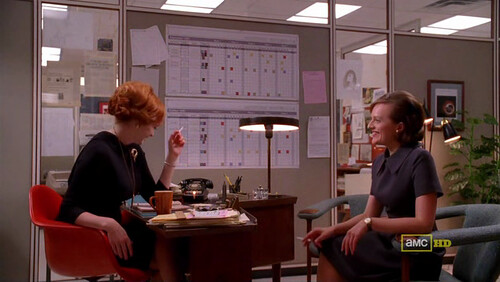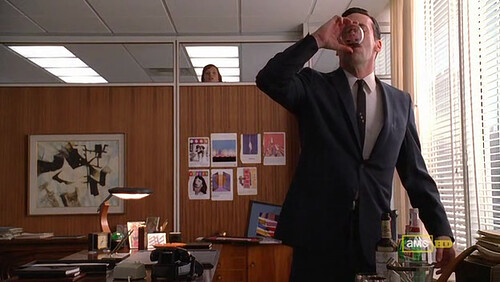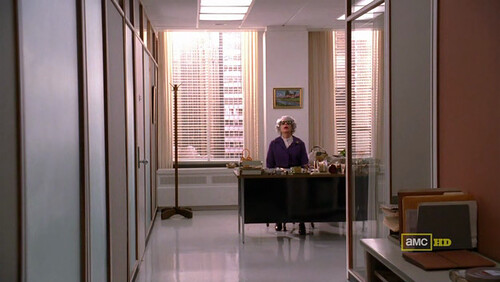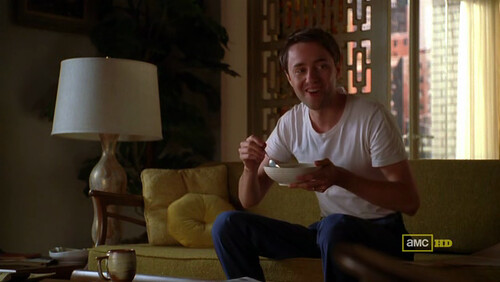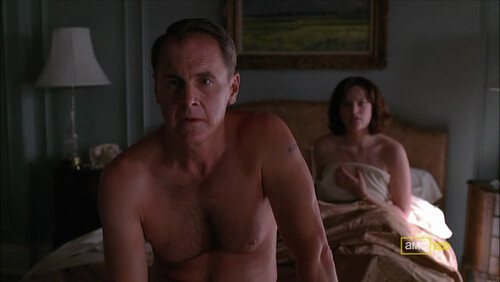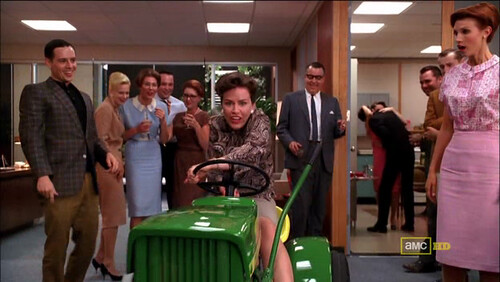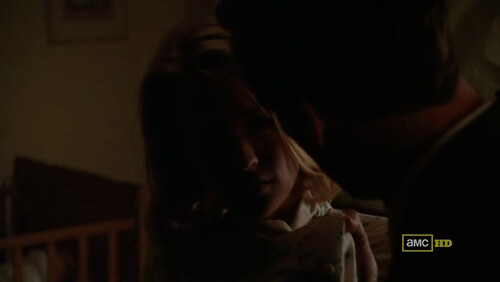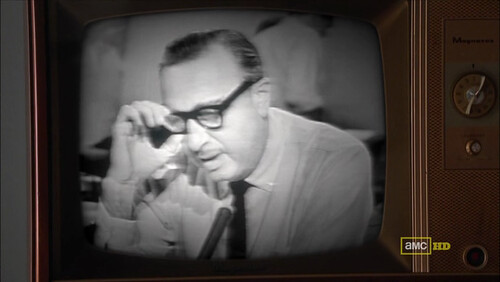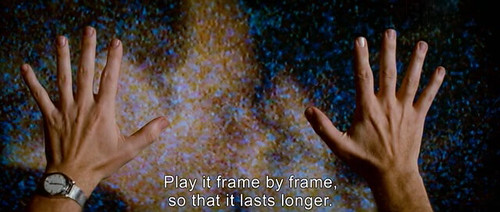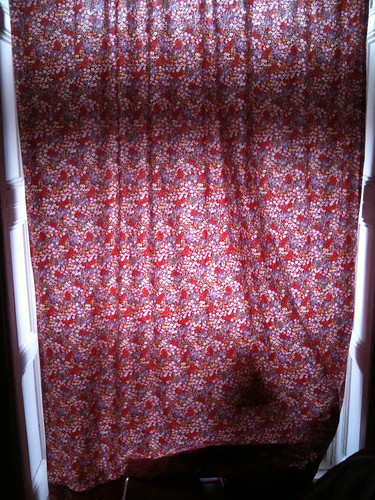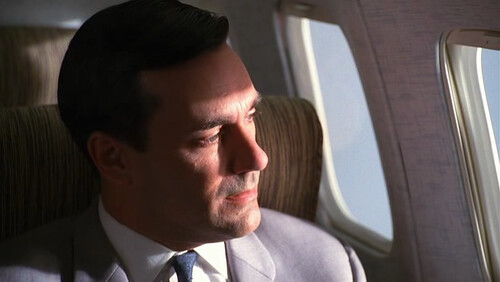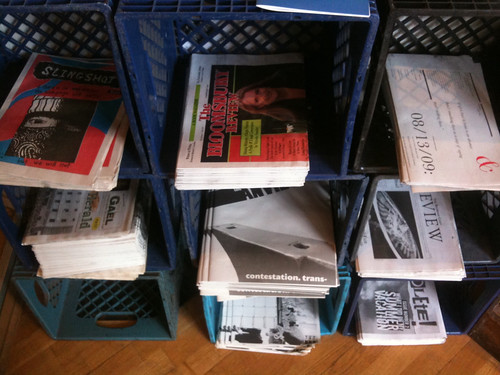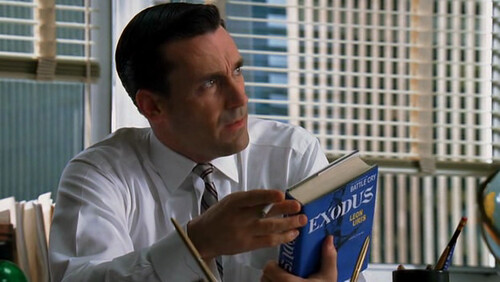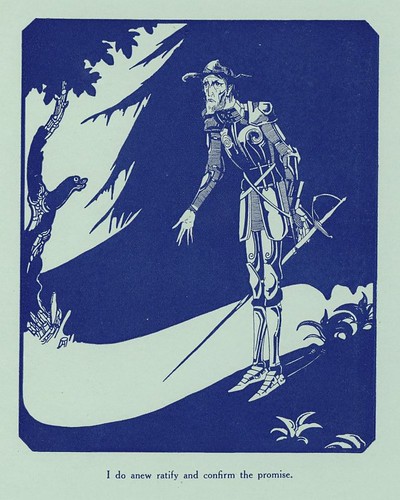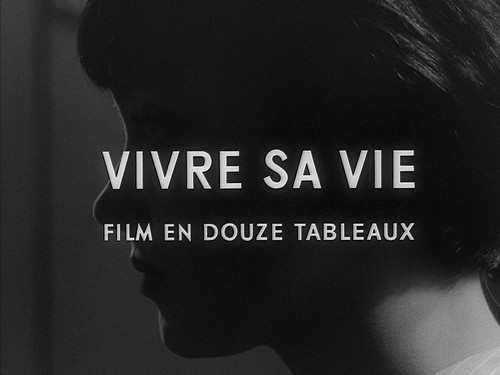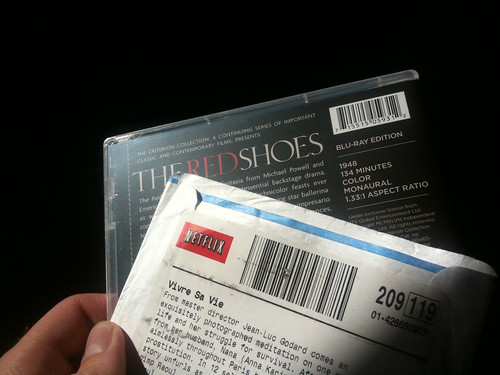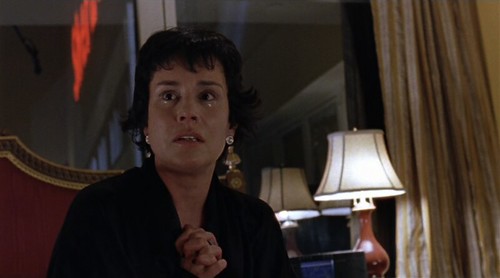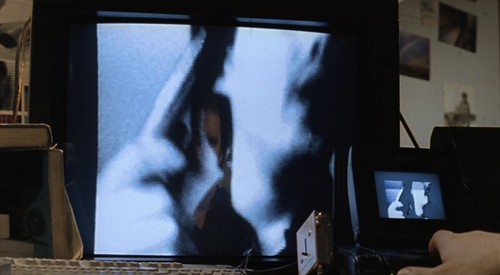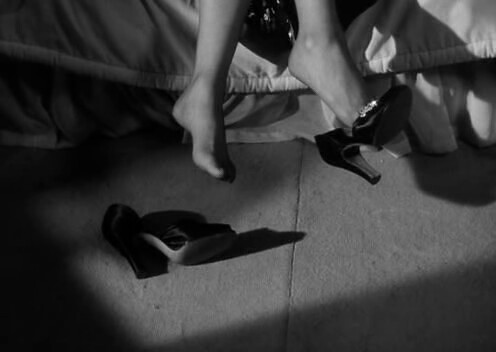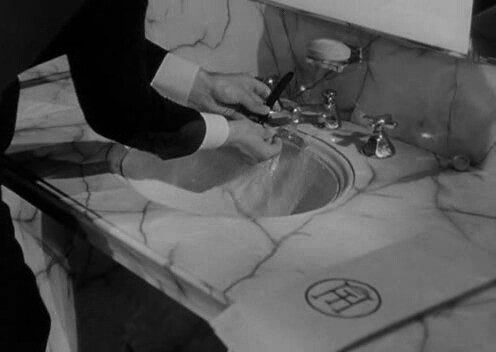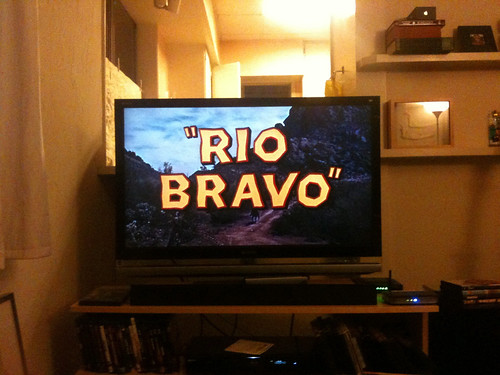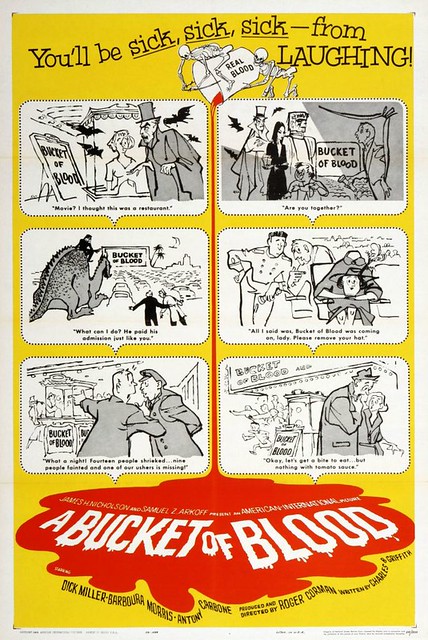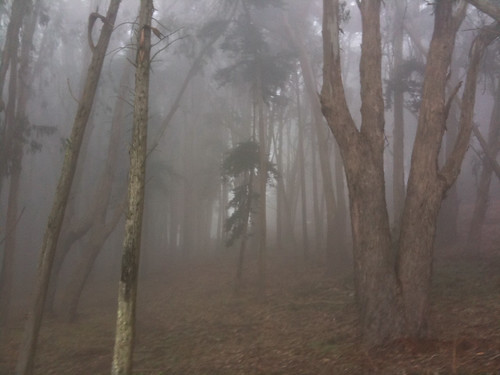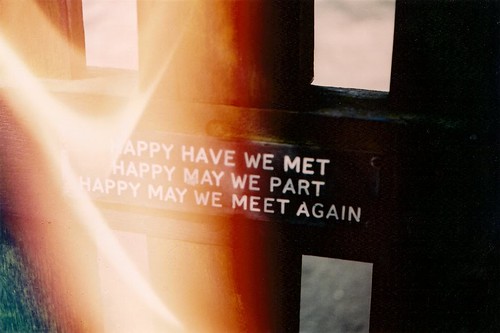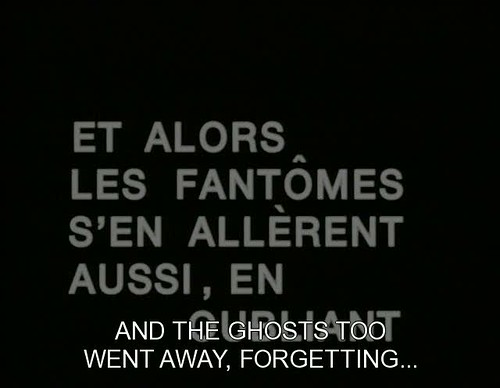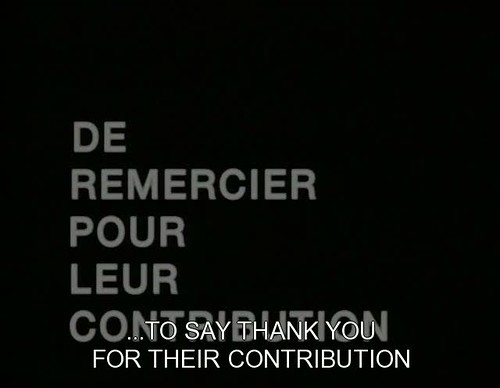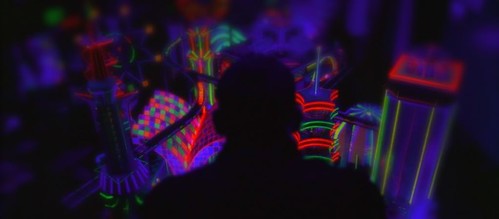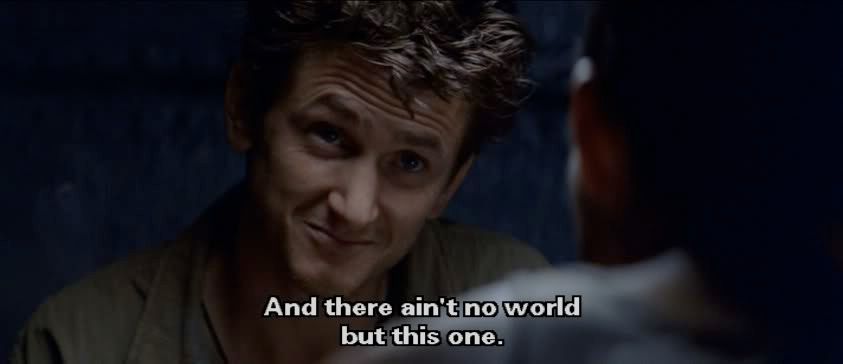Viewing Log #66: 2010
by Ryland Walker Knight
There will be more words as we trade up calendars, including a number of other wrap-ups, but I wrote this one a couple weeks ago and it's highly unlikely I'll see much to add to it. And even though some of it may be redundant with the coming lists (and the viewing log series as a whole), I wanted to share this summary of sorts of my year. It's a preferential ordering, but it's certainly open to revision and it's certainly open plain and simple. I know a lack of rules aggravates some readers/friends, but this is my blog and I say to hell with rules. These are the films I saw (for the first time, though I watched some more than once) this year that left something in me worth transcribing (or translating), even if that's just some glib toss-offs as we have below. Besides, it gives you all the more freedom to press and volley or scoff and move on to something more, I don't know, serious. At any rate, here goes nothing.
- A Brighter Summer Day — I don't doubt an aura built from rarity fed my enjoyment, but I also know, for a fact, that this was the best lit and unlit film I saw all year.
- Film Socialism — The best argument yet for any and all forms of digital images and non-linear leaps in editing and structure. Also, the best argument I've seen that most of us are illiterate in more languages than words can encompass—presuming, of course, that images are their own language—since JLG makes words into images at all events and overlays.
- Winter, Sarabande, Compline, Aubade — Hard to choose because they're all so similar, which points to how hard it is to watch more than one at a time, but if I had the skills, I would love to make little things like these.
- Let Each One Go Where He May — One of those 'perfect' movies that's not quite perfect so it becomes more perfect. Also, it's about a lot of stuff I'd love to make movies about; especially the last scene/shot.
- 36 vies du Pic St Loup — Because I saw it on film.
- Wild Grass — I hope I have this much fun when I'm 86.
- Angel Face — The best ending of any film I saw all year. (Except for maybe that one just above.) And sexy in a complicated way, the way sexy is.
- The Small Black Room — Since I can't lob more hosannah's at their ballet movie, or any number of favorites by these dudes, I'll reserve this spot for this little number, which plays host to at least four amazing set pieces of paranoia.
- La Captive — Perception gets grained into people.
- Close-Up — Perception gets people ingratiated, and not.
- Landscape Suicide — Perception kills.
- L'enfence nue — Yes, life is hard. Could easily be paired with the Yang above for obvious reasons but could also be paired with the Akerman.
- The Last Picture Show — Yes, life is sad and everything ends. But growing up, like sex, can be fun. (That is, after it's stopped being terrifying.)
- Ruggles of Red Gap — A lesson in decency and in laughter.
- Father of My Children — A lesson in decency.
- Irma Vep — Scratchy gem full of footnotes and confusion and jokes about all of it; unending and unended, too.
- Orlando — Sometimes the right face can sell the same joke 18 times. And videotape matters.
- La France — This is how a fairy tale works, I'm fairly certain.
- Bluebeard — Girls have problems with all kinds of narratives.
- Boarding Gate — Sometimes the right lady can sell the same desperation to a bunch of different men and get herself across the globe. Sometimes that flight's just flight, though.
- The Women — A mile a minute to nowhere but the start of more calisthenics jokes performed as/during calisthenics.
- Everyone Else — Raspberries on the belly are never just for fun!
- I Am Love — Affect porn, brought to you by soft focus and close-ups.
- Unstoppable — Pure adrenaline poem to the proles!
- A Letter to Uncle Boonmee — Pure melancholy poem to the peasants!
- Lourdes — Indeterminacy isn't a reason to hide; nor is prayer a cure for fear. We're all tourists, just like Tati said before.
- The Holy Girl — Hiding behind a wall and/or a uniform, listening—to the sounds in the thickening air—is just another kind of pretending to live.
- To Die Like A Man — Always already acting sounds tiring, doesn't it?
- Alamar — Dudes, listen.
- Make Way For Tomorrow — Kids, pay better attention.
- The Headless Woman — Ladies, listen, you better pay better attention!
- Fin aout, début septembre — Guys, get writing already. Do something already.
- Utamaro and his five women — Men, stop looking.
- Bell, Book and Candle — CraaAAaaazy! And funny.
- Shutter Island — InsaaAAaane! And poignant.
- Macgruber — Pshh. Insanely funny, more like it.
- A Perfect Getaway — Wherein the title reflects the experience to a P.
- Jackass 3D — Wherein the title defines the subjects to a D.
- Enter The Void — Wherein the title is the title and boys will be boys.
- Gamer — Wherein the title should mean more amid all that boys noise.
- The Portuguese Nun — Love's gotta start somewhere.
- Dodsworth — Love's gotta stop somewhere.
- The Ghost Writer — Taut and paranoid, just like you'd expect, with a kicker final shot after a shot (that one with all those hands passing the note) that teeters on unintentional hilarity.
- Cold Weather — Crisp, minor, yet mobile and of a milieu. I've seen siblings talk like that. I also like that, at heart, this A.K. wants to entertain people; this movie's a comedy, not a caper.
- Greenberg — Old dudes trying to be young dudes.
- The Social Network — Old dudes trying to understand young dudes.
- Sauve qui peut (la vie) — An old dude toying with understanding and trying and film and ladies.


